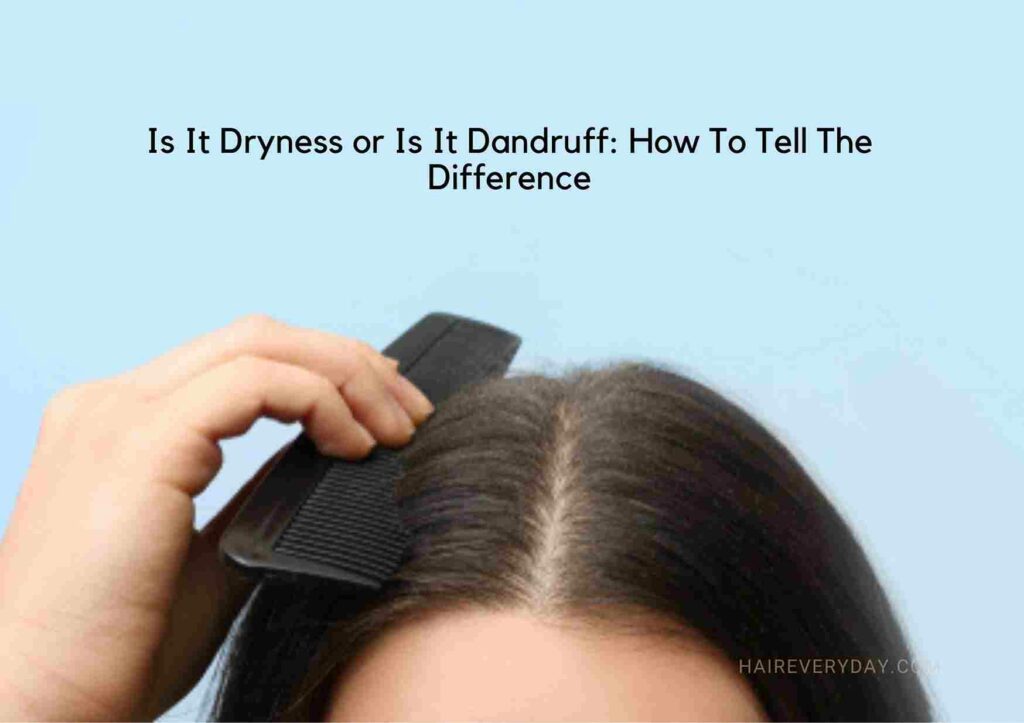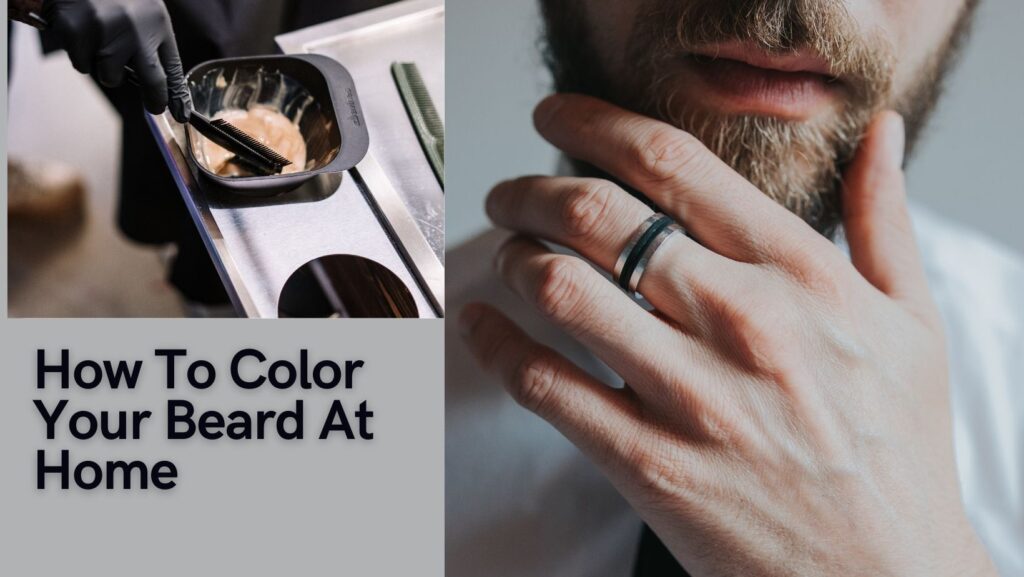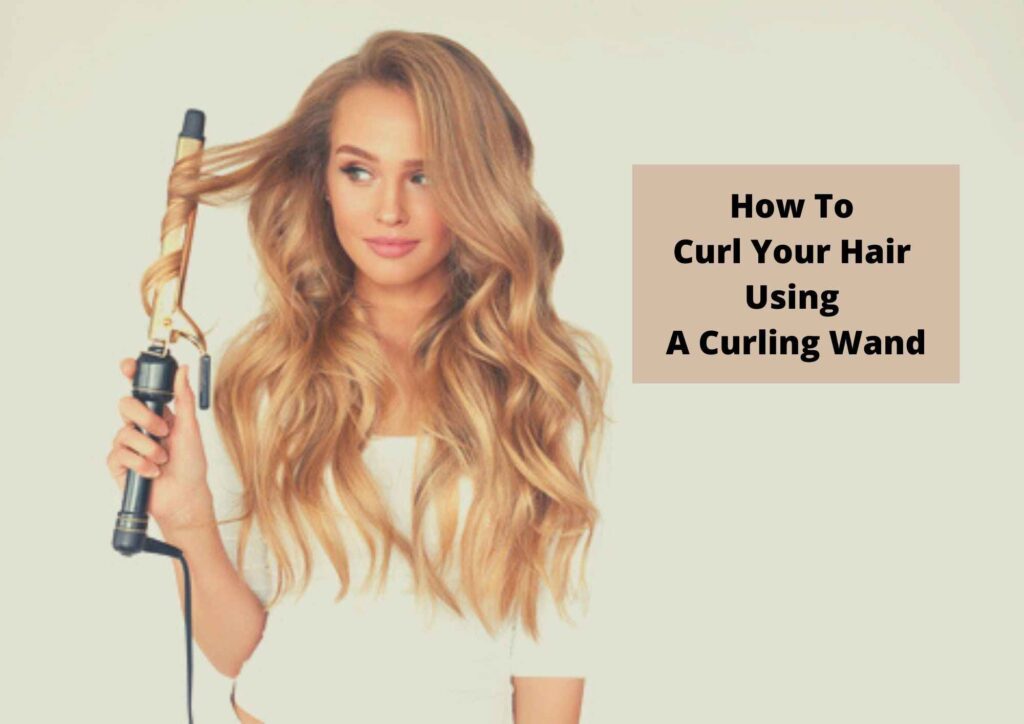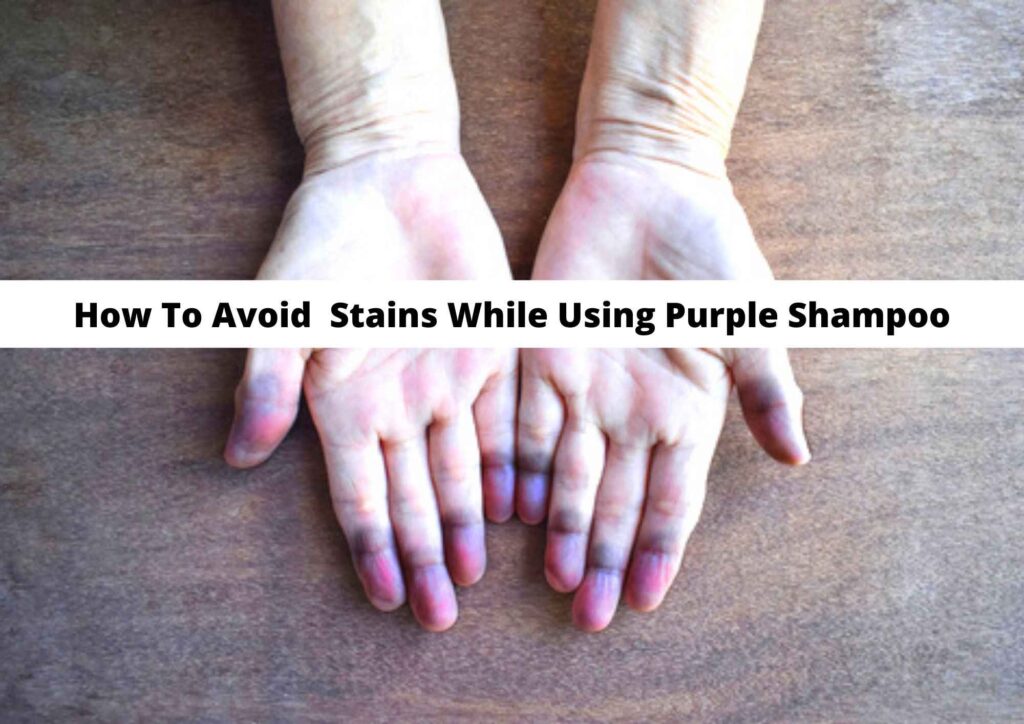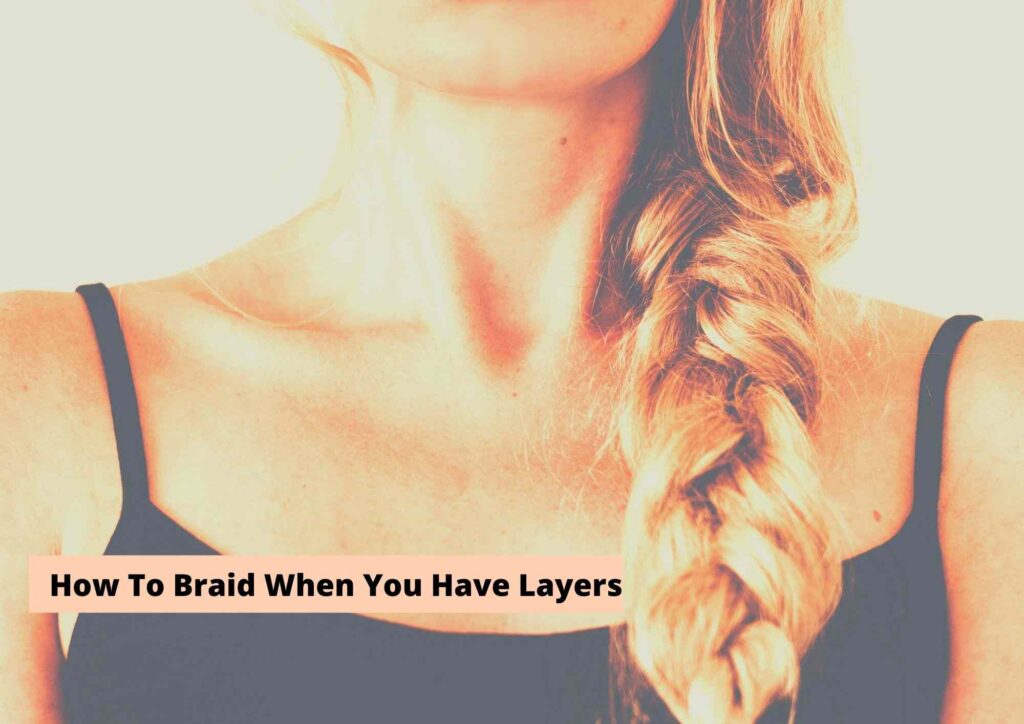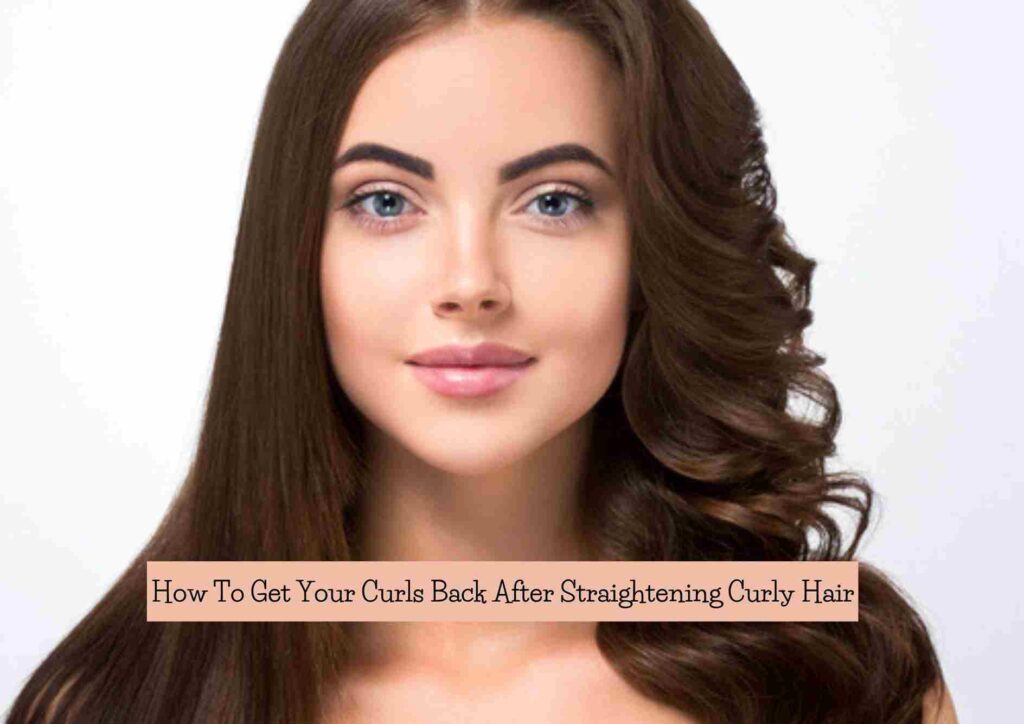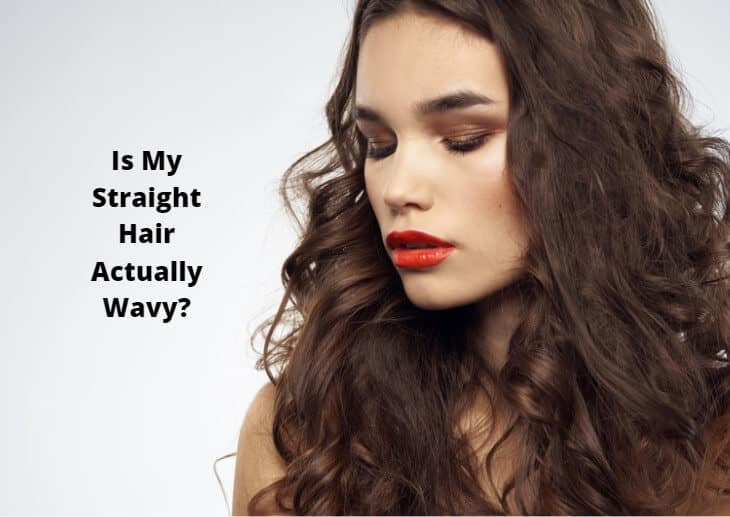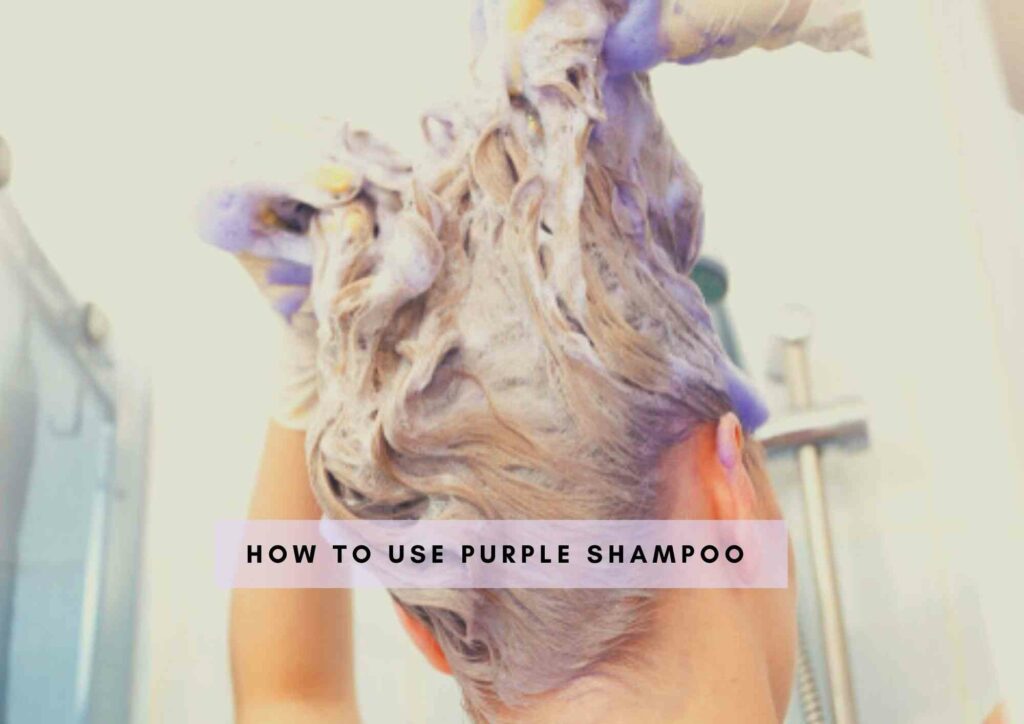In this article I’ve listed out differences betweeen dandruff vs. dry scalp. You can also find what causes dandruff and dry scalp and how treat these issues.
If you have either one of these scalp conditions, I’m sure it is going to be hard for you to figure out which one you have, because their signs and symptoms like itchiness, white flakes, dryness etc, are very similar.
This is what will make it harder to make the distinction.
So, it is very important to know and be able to distinguish what scalp issue you are suffering from, in order to get the right course of treatment.
Well, if you are someone who has either one or both these problems and are finding it hard to distinguish which one do you have, then check out this article to find out more information.
Related: Best Dandruff Shampoo For Curly Hair
Related: Vegan Anti-Dandruff Shampoos
Related: Best Shampoos For Dry Scalp
Dandruff Vs. Dry Scalp
What is dandruff

We often notice while flakes on the scalp and hair. There are times when people suffer from extreme cases of dandruff and will find the flakes falling over their shoulders.
While it may seem embarrassing and people may assume it is because of lack of hygiene, it isn’t always the case.
Dandruff flakes are the dead skin flakes that have been shed off the scalp, which is actually a normal process which has just got accelerated due to various conditions.
When a person has dandruff, there will be the appearance of flakes, that can lead to itchiness over time, in bad cases.
Causes of dandruff
Fungus
Fungal infections called by the fungus Malassezia, can be one of the main causes of dandruff. How this fungus causes the dandruff is because this Malassezia fungus is already existing on our scalps.
So, if there is an external trigger due to various factors like hormonal issues, medical conditions, stressful events, aging etc, then it triggers this fungus to overproduce at a faster pace.
This in turn multiplies the skin cells in no time, causing a dandruff breakout.
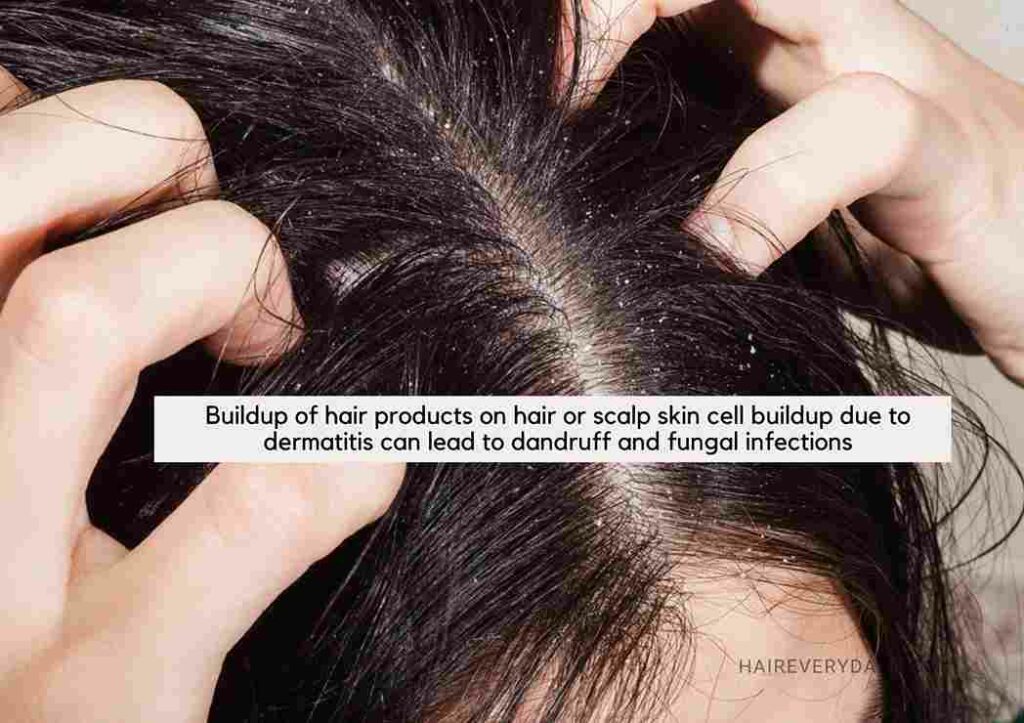
Scalp Buildup
While lack of hygiene isn’t always the case of dandruff breakouts, because there are times when the hair and scalp isn’t sufficiently or properly cleansed.
We often use hair products that mix with the hair’s natural oil, dirt and grime over time. So, this causes a buildup on the scalp that can lead to dandruff formation.
Seborrheic Dermatitis
Seborrheic Dermatitis is a condition where the scalp skin develops scale like flakes, becomes sore and it can also lead to dandruff formation.
This condition is often caused when the sebaceous glands in the scalp over produce sebum.
While it is treatable, there are chances of it reoccurring over time. Cold climates, stress and family history of skin conditions also can cause seborrheic dermatitis and lead to the developement of dandruff.
What is dry scalp
Unlike dandruff, a dry scalp is not caused due to any fungal growth, buildup or due to any medical condition.
Dry scalp is simply a result of the lack of hydration on the scalp and hair. When the scalp isn’t sufficiently moisturized, it becomes dry. It is that simple!
Dry scalp often causes the appearance of flakes on the scalp that itch from time to time and the area may become sore and red.
Causes of dry scalp
Weather conditions
Most often, people who live in cold climates often find themselves facing the issue of dry scalp. When the temperature outside is low, the air is also dry, this affects the scalp and makes it dry.
But that being said, on the flip side, if your scalp is overexposed to extreme heat or the ultra-violet (UV) rays of the sun, it can also cause dry scalp by stripping all the moisture away from the scalp.
This also occurs in case of using heat on your scalp and hair often, making it dry out.
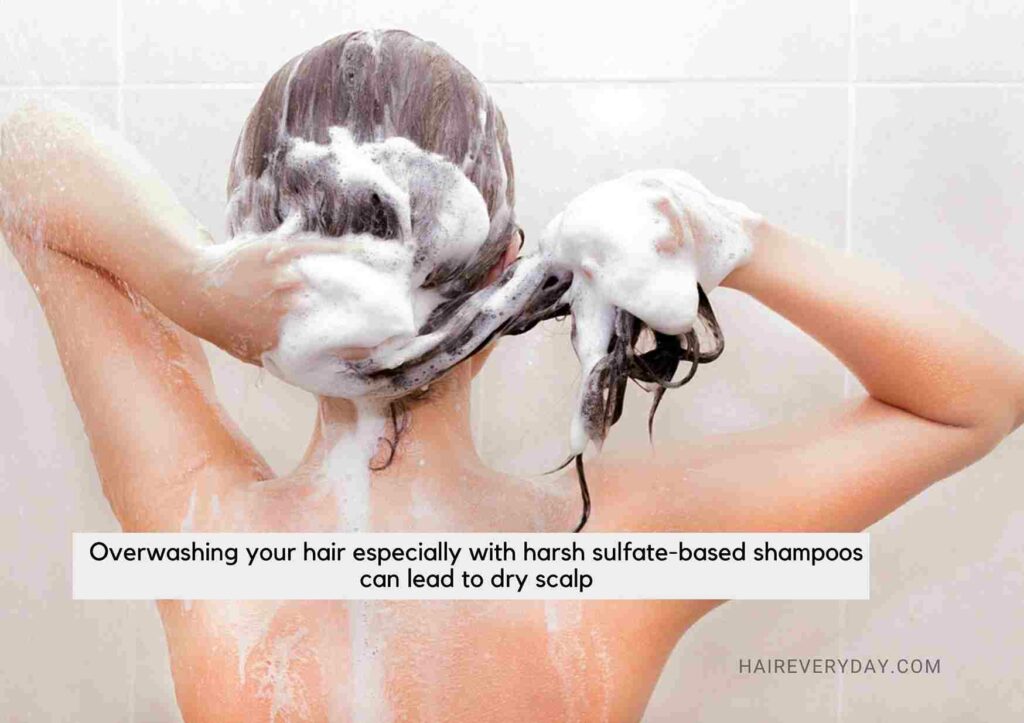
Overwashing of hair
Well, while excess product buildup, oil, dirt and grime can cause buildup on the scalp leading to dandruff, because your hair is not properly cleansed; even overwashing your hair can do you no better.
Your hair has to be washed moderately, because overwashing of hair can strip the scalp of its natural oil and also whatever moisturizing products you use and make the scalp become dry.
So, it is important to strike a balance (or rather, the right balance), when it comes to hair washing.
Dandruff and Dry Scalp: Differences
Dandruff and dry scalp are two scalp conditions that are very often confused because of their signs and symptoms.
But to simplify it, you can consider the appearance of the flakes in both these scalp conditions.
While dandruff flakes are larger, appear oilier and have a yellowish colour, dry scalp flakes are smaller and whiter in colour.
Dandruff is a result of excess oil (moisture) on the scalp, while lack of moisture on the scalp causes it to become dry.
Check out this table to distinguish the two conditions better and more easily.
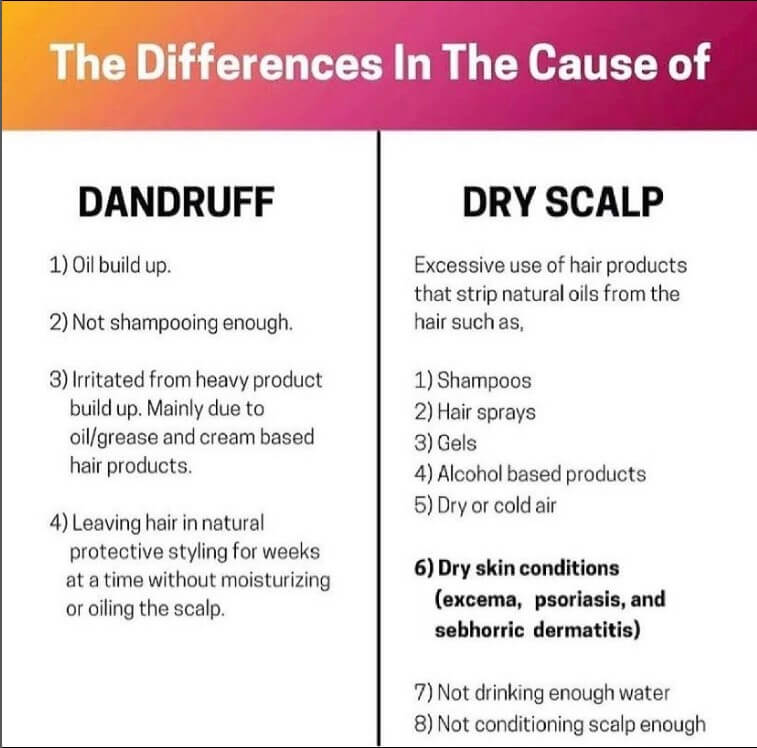
| Dandruff | Dry Scalp | |
| Appearance | Flakes are larger in size and look oily in appearance | Flakes are smaller in size |
| Color of the flakes | Flakes have a yellowish tinge | Flakes are white in color |
| Moisture content in the hair | Caused due to excess oil (moisture) on the scalp and hair | Caused due to lack of hydration on the scalp and hair |
Ways to treat dandruff
Use the right type of shampoo
There are many commercial shampoos available in the stores that are meant specifically to help treat dandruff. So, using these anti-dandruff shampoos to wash your scalp and hair is highly recommended.
In case you have a severe case of dandruff or dandruff due to seborrheic dermatitis or fungal infections, then it is important to seek medical treatment and use a medicated shampoo to wash your hair.
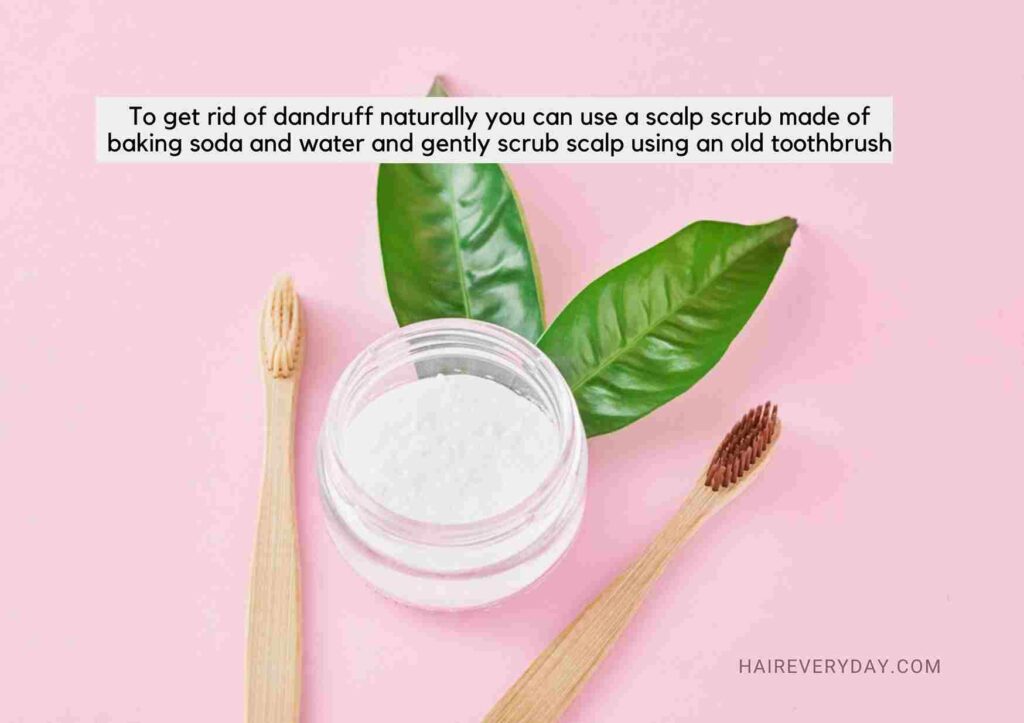
Try using natural or home remedies
There are many natural remedies and also home remedies you can use to help treat dandruff if it is a mild case. Here are some of them:
· Make sure to consume a lot of probiotics and contain good bacteria that can help rev up the functioning of the immune system to treat dandruff from within.
· Consuming fish oil capsules (omega-3s) can help reduce dandruff-caused inflammation on the skin and reduce the itching to a large extent.
· Use a baking soda scalp scrub that can help naturally exfoliate the scalp and remove the dead skin cells that have shed.
· Try using an apple cider vinegar scalp and hair rinse to help prevent the spread and formation of fungus.
Make sure to wash your scalp properly
It is important to maintain good scalp and hair health to prevent dandruff. So make sure to gently massage in the shampoo, using circular motions so it can also loosen up the scalp buildup and cleanse the scalp.
Also remember not to over wash your scalp and hair.
Ways to treat dry scalp
Use the right type of hair products
It is always important to remember that most hair products contain harsh chemicals, like sulfates and parabens in shampoos, phthalates, formaldehyde etc, that can be extremely drying to the scalp and hair.
Using these kinds of hair products, especially when you suffer from dry scalp, can only make it get further aggravated.
So, using products that are chemical free, or all-natural, are the ones that are recommended.
Keep your scalp moisturized
Since the lack of moisture is one of the main causes of dry scalp issues, it is important to keep your hair well-moisturized in order to regain scalp and hair moisture.
So, make sure to always condition your hair after it has been shampooed, deep condition your scalp, use scalp and hair masks from time to time and oil your scalp and hair on a regular basis (at least once every week).
Avoid overwashing your scalp and hair
Since overwashing your scalp and hair can strip away all its natural oils and also zap away the existing moisture, remember to wash your hair moderately and not too often.
When shampooing, shampoo only your scalp and when conditioning, make sure to condition only your hair.
Frequently Asked Questions (FAQs) about dandruff and dry scalp:
1. Can dandruff lead to hair loss?
Well, dandruff isn’t known to be directly related to hair loss. But due to extreme cases of dandruff, people can end up itching their scalp and it can cause hair breakage leading to hair fall.
2. Can dry scalp lead to dandruff formation?
When people have dry scalp, they tend to over-moisturize their scalp and hair thinking it will help it get hydrated and moisturized. But when there is excess moisture/oil in the hair, it can lead to dandruff formation over time. So do not over-hydrate your scalp and hair.
3. Is it possible to have both dry scalp and dandruff at the same time?
Yes, it is possible. This could be because you may have dry scalp due to lack of scalp moisture, while the dandruff could have been caused due to other factors like medical conditions, fungal infections or excessive product buildup, making it appear at the same time.
The final takeaway
It can really be hard to distinguish whether you suffer from dandruff, dry scalp or maybe even both these conditions at one time.
So, it is important to observe the flakes on your scalp, while also considering what could have been the cause leading to these scalp conditions.
Always remember that if you aren’t able to make the distinction and there is severe itching and redness, it is better to consult a medical professional and get the right course of treatment.
This is especially applicable if you have tried and found that none of your home cure methods are working even after a couple of weeks.
Also Read:
How To Tell If Your Hair Is Dry Or Damaged
To Summarize

